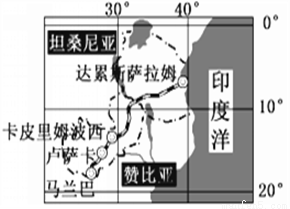��Ŀ����
���ϴ�˹�ǵ¹������˶�Ʒ�ơ�1980���������߿�ʼ��ת���й���ݸ����ɽ�ȳ��С���2006�꣬���й����������緶Χ�ڲ�������������ˮ�ߡ�Ȼ����2012�����ң�ӡ�������ǿ�ʼ��Խ�й���Ϊ�˰��ϴ�˹ȫ���������������ء�2017�꣬�ù�˾�����ػص¹��������ܻ����������˶�Ь�������ݴ�����������⡣
1.��ӡ����������ȣ����ϴ�˹���Ƚ������������й���ݸ����ɽ�ȳ��е���Ҫԭ����
A. �г����� B. ԭ���ϳ��� C. �Ͷ������ʸ� D. ����������б
2.��ʹ���ϴ�˹�������ߴ��й���ӡ��������ת�Ƶ���Ҫԭ����ӡ��������
A. �г������� B. �Ͷ��������� C. ��ͨ����� D. �Ƽ����Ƚ�
3.2017��¹��������ϴ�˹�ع��賧����Ҫ������
A. ����Ч����� B. �ʽ���� C. ��ͨ������ D. ��ҵ������
��ϰ��ϵ�д�
 ���ƽ̸�������ѡ����ĩ���100��ϵ�д�
���ƽ̸�������ѡ����ĩ���100��ϵ�д�
�����Ŀ







